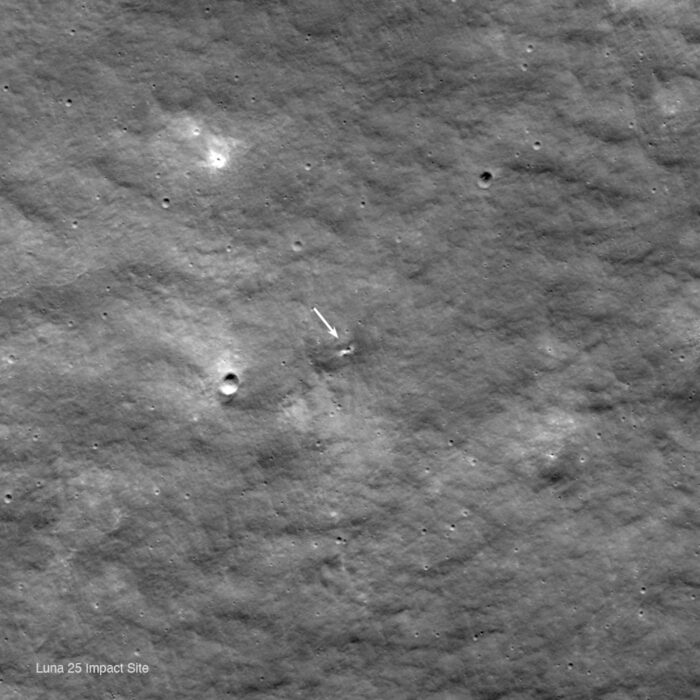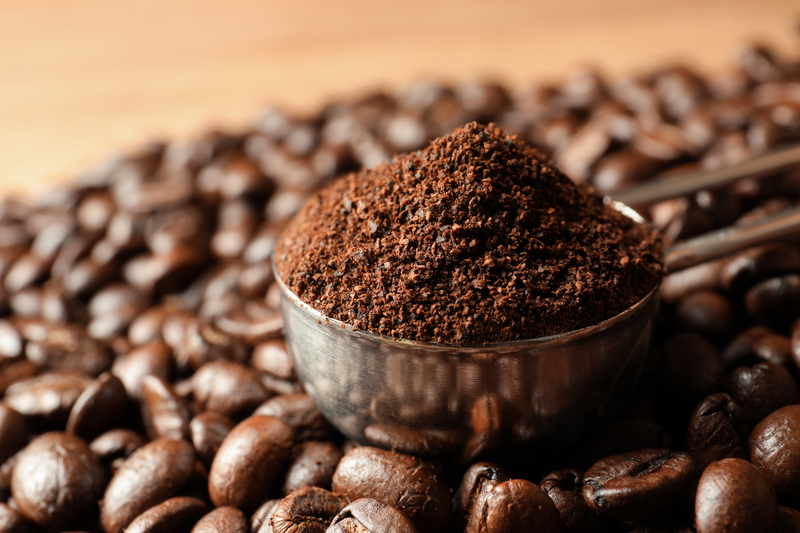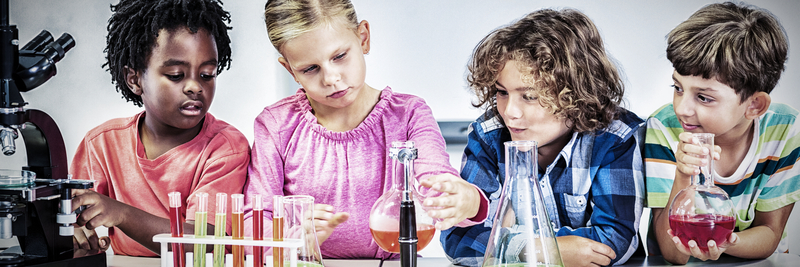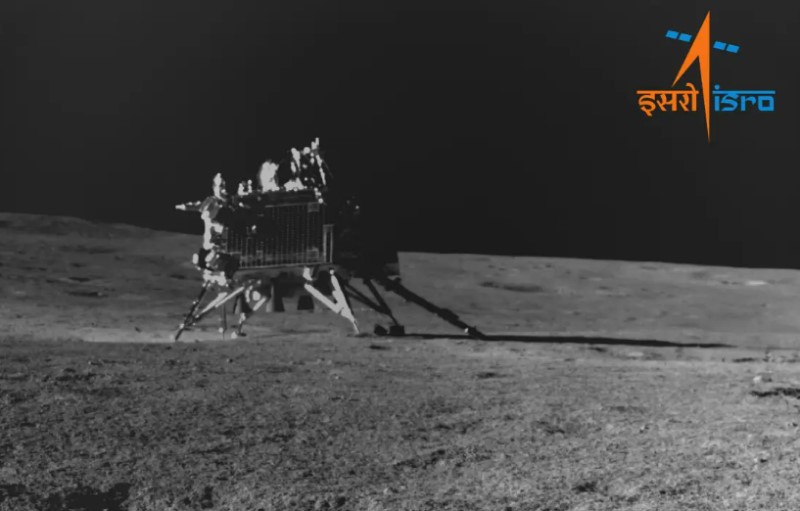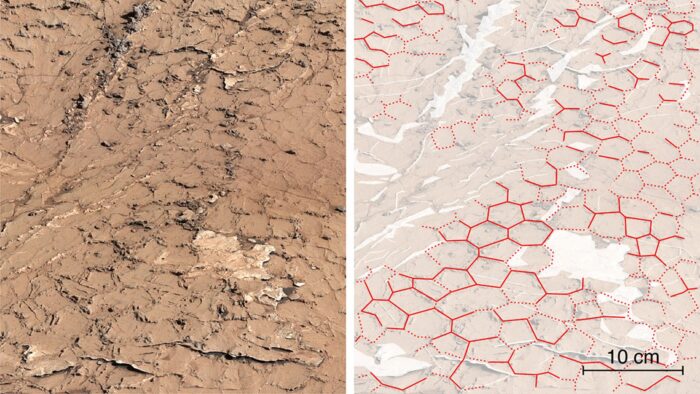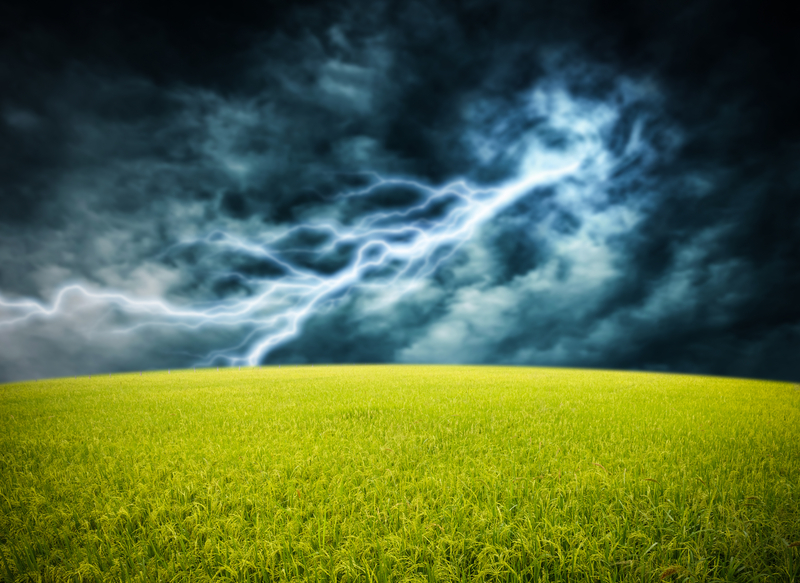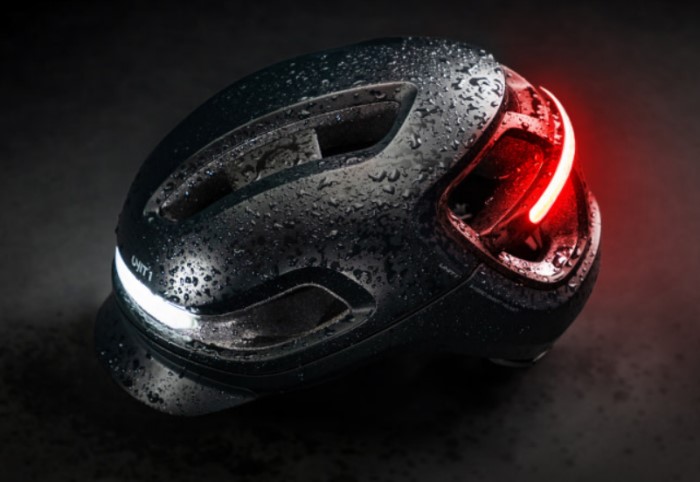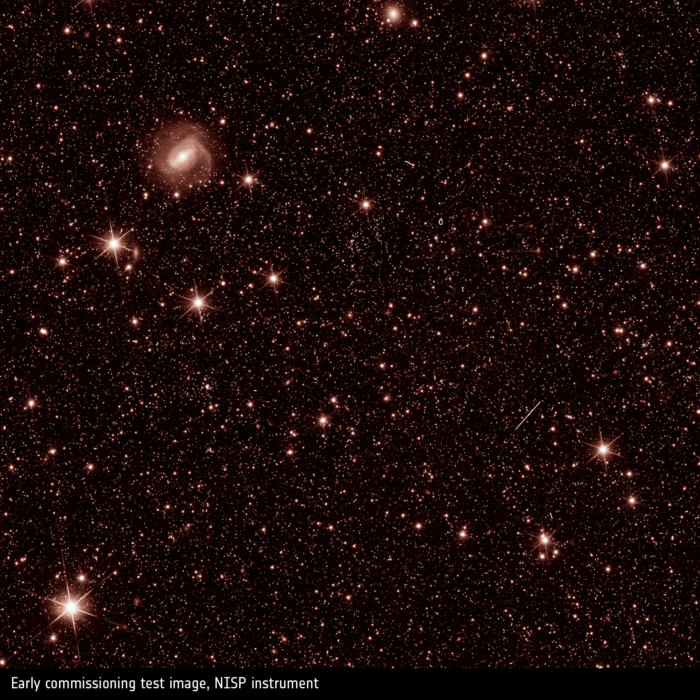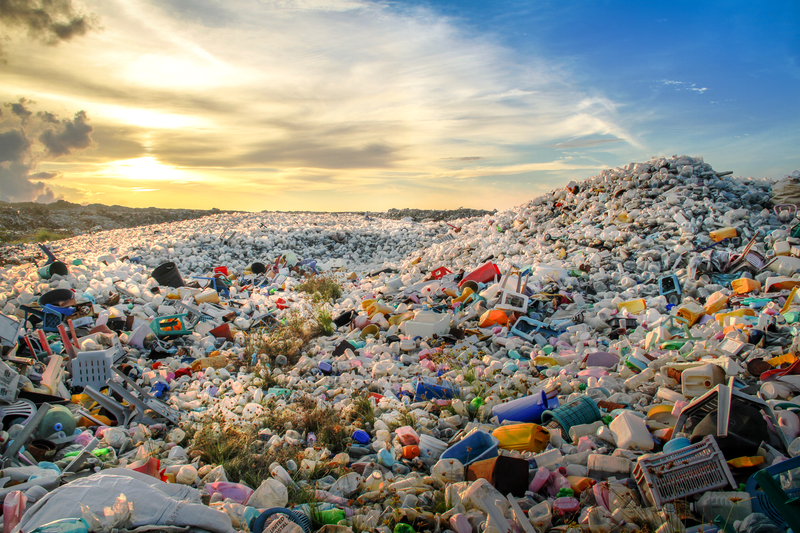Sun + CO2 (carbon dioxide) + H2O (water) = food + O (oxygen)
If you're a plant, you know this equation very well. Called photosynthesis, this is the way that practically every plant on Earth makes its own food. The food that it needs to grow and survive.
Now, there are other ways for living things to make their own food. In fact, recent research suggests that the earliest organisms on Earth were tiny bacteria that used heat energy and minerals that escaped from deep underwater thermal vents to kickstart a process called chemosynthesis. Neat!
But photosynthesis is still the king. Without it, life might exist, but it wouldn't look anything like what we have. We'd have no green plants. And without plants, large animals (including us) would be out to lunch.
Fortunately, the Sun is everywhere. But what about when humans travel deeper and deeper into space. Is there another way to grow plants in places where photosynthesis is impossible?
Maybe, says new research out of the University of Delaware. Scientists are working on a way to use electricity to grow plants in complete darkness. And they're getting pretty close!
Accidental connection
The study is being led by a researcher named Feng Jiao. Jiao is not a botantist (plant scientist). He is an electrochemist—a person who looks at the connections between electricity and chemistry (or how atoms and molecules interact with each other).
So how does someone like that end up pointing toward a new breakthrough in space farming?
It all started with a process that Jiao developed a few years ago to use electricity to make a salt called acetate from CO2. He later was presenting his findings at a seminar. In his mind, this was just a neat discovery that would only interest other chemists. But when he mentioned acetate, plant scientists stopped in their tracks.
That is because acetate is already a food for some living things in times of need.
Plug-in plants?

This diagram helps to layout how Jiao's process works. Along the way, the acetate he makes can be used to feed certain living things. (Feng Jiao)
In photosynthesis, the food that is created by plants is a sugar called glucose. But as these botanists explained to Jiao, if sunlight is low or not present, some photosynthesizing life forms, like algae, will eat acetate in their environment. (Algae is a plant cousin that grows in water—though very similar to plants, they are not identical.)
So could plants do it, too?
These researchers got together to test out the theory. They attempted to grow several things in total darkness using Jiao's lab-made acetate: algae, plants, and even non-photosynthesizers, like yeast and mushrooms.
The algae grew exceptionally well, four times better than with photosynthesis, in fact! And the yeast and mushrooms also did well, though these things already grow just fine in the dark. So what about the plants?
The lettuce in the test survived for several days. And using tests, the scientists could see that this lettuce was using the acetate as a food. But while this food kept the plant alive, it did not help it grow larger.
Still in the dark?
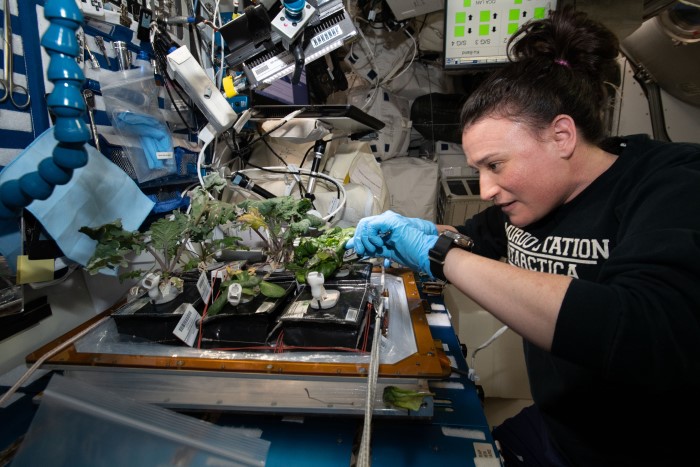
Astronaut Serena Auñón-Chancellor tends to a crop of red kale on the International Space Station. Though we can already grow plants in space, scientists are hard at work trying to improve the process. (ESA/Alexander Gerst)
So where does this leave the idea of growing plants in the dark?
For now, researchers need to conduct more tests to see if they can perfect their acetate meal and create a true plant food. But the potential is something that will excite those in the space program a lot.
Though NASA is already making breakthroughs in growing plants on the ISS, these systems still use lights to get the job done. Being able to have a small farm full of leafy greens inside a space capsule would be a huge benefit to astronauts on long missions on the Moon or even Mars.
We'll be watching this story with growing interest!
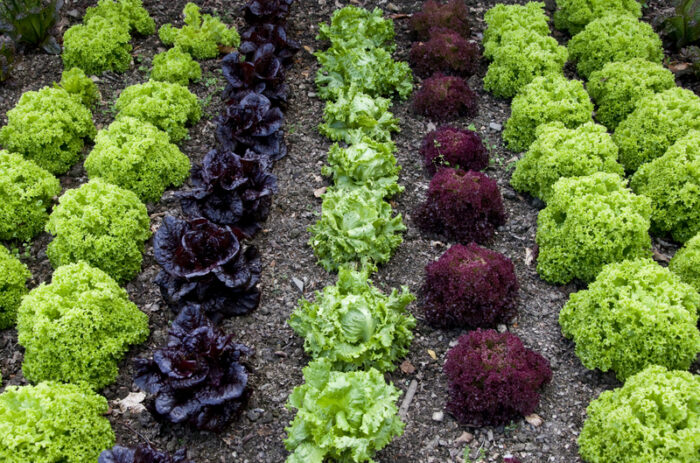 Could we grow lettuces like this in the dark? (ID 9866021 © Darrensharvey | Dreamstime.com)
Could we grow lettuces like this in the dark? (ID 9866021 © Darrensharvey | Dreamstime.com)

